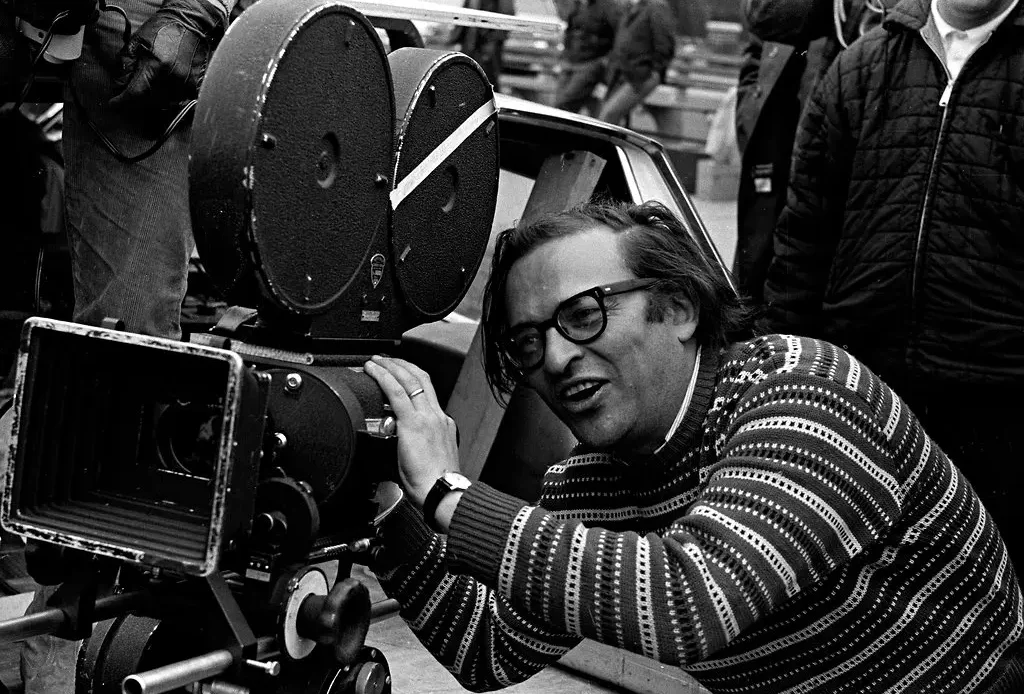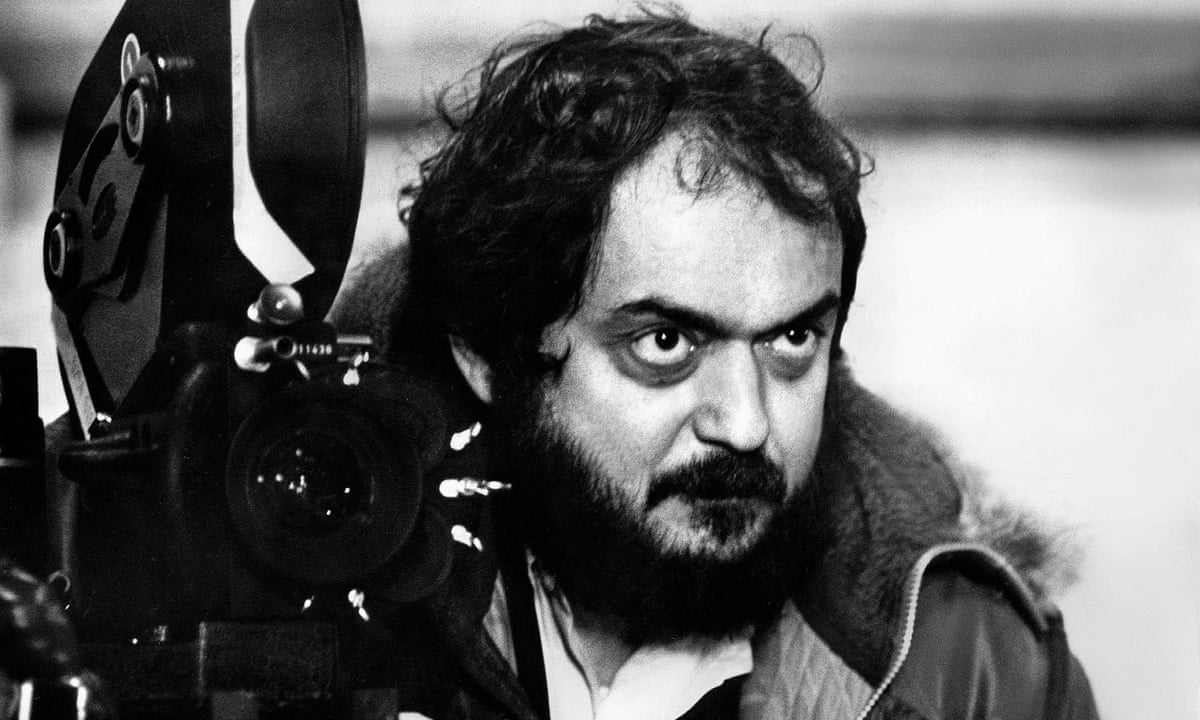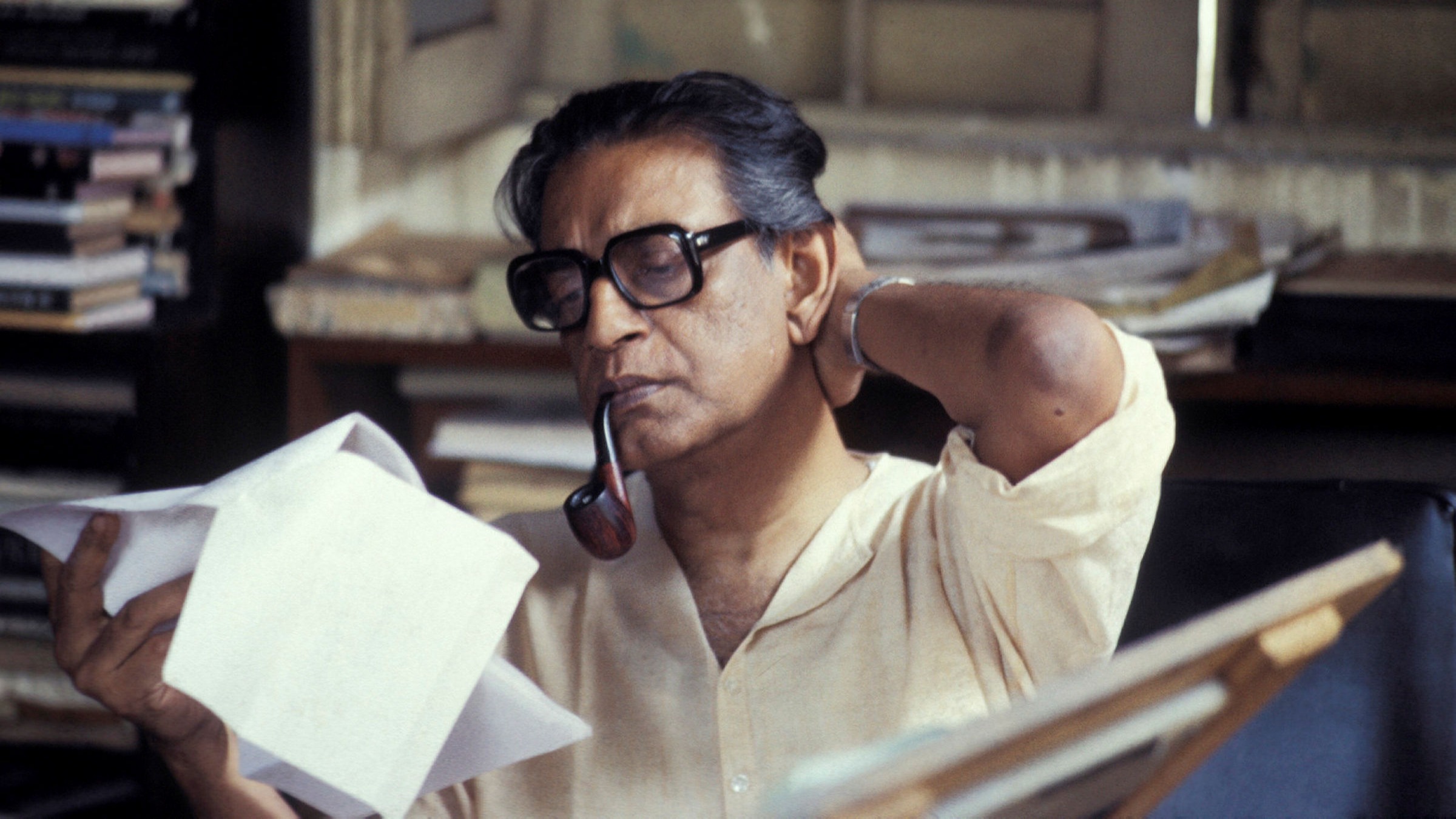
Roll out the red carpet and put on your finest cinephile attire as we’re about to embark on a star-studded journey through the captivating world of classic cinema and its profound influence on the modern silver screen. Brace yourselves for a dazzling parade of master directors, each wielding their artistic prowess like a magic wand.
Alfred Hitchcock
Let’s begin with none other than the legendary Alfred Hitchcock, the maestro of suspense. With his signature blend of psychological thrills and meticulous craftsmanship, Hitchcock crafted cinematic masterpieces that continue to captivate audiences to this day. Remember his iconic shower scene in “Psycho”? Well, prepare to feel a chill down your spine as Hitchcock’s influence can be seen in the spine-tingling works of modern directors like David Fincher and Darren Aronofsky. These modern-day Hitchcocks have taken his mastery of tension and turned it up a notch, leaving us on the edge of our seats.
Sidney Lumet

Time to refill your popcorn box because we’re about to encounter the cinematic brilliance of Sidney Lumet. With films like “12 Angry Men” and “Dog Day Afternoon,” Lumet brought raw intensity to the screen, weaving tales of moral dilemmas and societal conflicts. His influence can be felt in the works of contemporary filmmakers like Spike Lee and Paul Thomas Anderson, who carry the torch of gritty realism and social commentary. So, the next time you find yourself immersed in a character-driven drama that puts society under the microscope, raise your imaginary gavel and give a cinematic salute to the Lumet-ian legacy.
Francis Ford Coppola

High time to take you to a Coppola-licious destination, where the brilliant Francis Ford Coppola reigns supreme. From the gritty mobster saga “The Godfather” to the mind-bending “Apocalypse Now,” Coppola’s directorial wizardry has left an indelible mark on modern filmmakers. With his unparalleled ability to delve deep into the psyche of complex characters, he has influenced contemporary maestros like Quentin Tarantino and David O. Russell. So, the next time you witness a riveting dialogue exchange or a character-driven masterpiece, don’t forget to give the nod to the godfather of storytelling himself, Mr Coppola.
Federico Fellini
Now, let’s shift gears and delve into the realm of passionate storytelling guided by the illustrious Federico Fellini. This Italian virtuoso had an uncanny ability to infuse his films with a dash of magical realism that left audiences spellbound. Fellini’s colourful characters and dreamlike narratives have undoubtedly inspired modern storytellers such as Guillermo del Toro and Wes Anderson. They carry the torch of whimsical storytelling, taking us on extraordinary journeys populated by quirky characters and enchanting worlds. Fellini’s influence is a reminder that cinema is not just a mirror reflecting reality but a portal to fantastical realms where the boundaries of the imagination are delightfully blurred.
Stanley Kubrick

Our next stop is the Land of Dreams, guided by the enigmatic genius Stanley Kubrick. Kubrick’s visionary approach to filmmaking pushed the boundaries of imagination, giving birth to cinematic wonders such as “2001: A Space Odyssey” and “A Clockwork Orange.” This creative powerhouse didn’t just make movies; he created mind-altering experiences.
His influence can be seen in contemporary directors like Christopher Nolan and Denis Villeneuve, who strive to transport audiences to unexplored realms of visual splendour and intellectual stimulation. If you find yourself questioning reality or pondering the meaning of life after watching a modern masterpiece, you can thank Kubrick for opening that Pandora’s box.
Martin Scorsese

Next on our star-studded journey is the incomparable Martin Scorsese, the master of cinematic storytelling. With films like “Taxi Driver” and “Goodfellas,” Scorsese has painted vivid portraits of flawed characters navigating a world of moral ambiguity. His influence on modern directors like Paul Greengrass and Edgar Wright is evident in their ability to create visually stunning and narratively gripping tales. So, the next time you witness a long tracking shot or a perfectly choreographed montage, bow down to the Scorsese-ian legacy and marvel at the artistry he has bestowed upon us.
Steven Spielberg
As our cinematic adventure nears its conclusion, we must pay homage to the master of suspense, Steven Spielberg. This visionary director has carved his name into the annals of cinema history with blockbusters like “Jaws,” “Saving Private Ryan,” and “Jurassic Park.” Spielberg’s unparalleled ability to blend spectacle with heartfelt storytelling has made him the undisputed king of summer blockbusters. His influence can be witnessed in contemporary directors like J.J. Abrams and James Gunn, who strive to capture the awe and wonder Spielberg brought to the big screen. When you find yourself clutching your armrest in exhilaration as a T-Rex stomps across the silver screen, remember to thank Spielberg for reminding us that sometimes, a little escapism is just what we need.
Roman Polanski
Now, let’s venture into the realm of darkness guided by the enigmatic Roman Polanski. With his masterful control of suspense and a penchant for the macabre, Polanski’s films like “Rosemary’s Baby” and “Chinatown” have haunted our dreams and ignited our imaginations. His influence can be seen in contemporary directors like Darren Aronofsky and David Fincher, who share his love for psychological thrills and atmospheric storytelling. So, the next time you find yourself on the edge of your seat, biting your nails in suspense, you can thank Polanski for weaving his twisted spell.
Satyajit Ray

Last but certainly not least, we pay tribute to the maestro of Indian cinema, Satyajit Ray. With his lyrical storytelling and a deep understanding of human emotions, Ray’s films like “Pather Panchali”, “Aparajito”, and “The World of Apu” have left an indelible mark on the global cinematic landscape. His influence can be felt in the works of contemporary directors like Wes Anderson and Ang Lee, who share his love for visual poetry and poignant narratives.
As our journey through the annals of classic cinema comes to a close, we’re left in awe of the immense influence these master directors have had on the modern cinematic tapestry. They have shaped the way stories are told, characters are developed, and emotions are evoked. So, the next time you sit in a darkened theatre, swept away by the magic unfolding on the screen, take a moment to appreciate the giants whose shoulders these modern maestros stand upon. And as the credits roll and the lights come back on, remember that behind every great film lies the heart and soul of a master director, forever weaving their enchanting spells on the silver screen.


I have read your article carefully and I agree with you very much. This has provided a great help for my thesis writing, and I will seriously improve it. However, I don’t know much about a certain place. Can you help me?